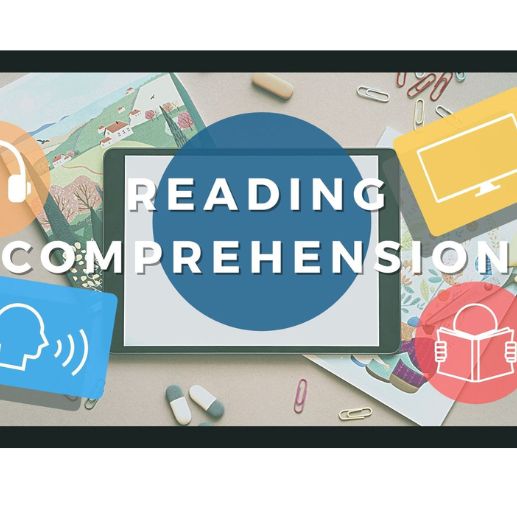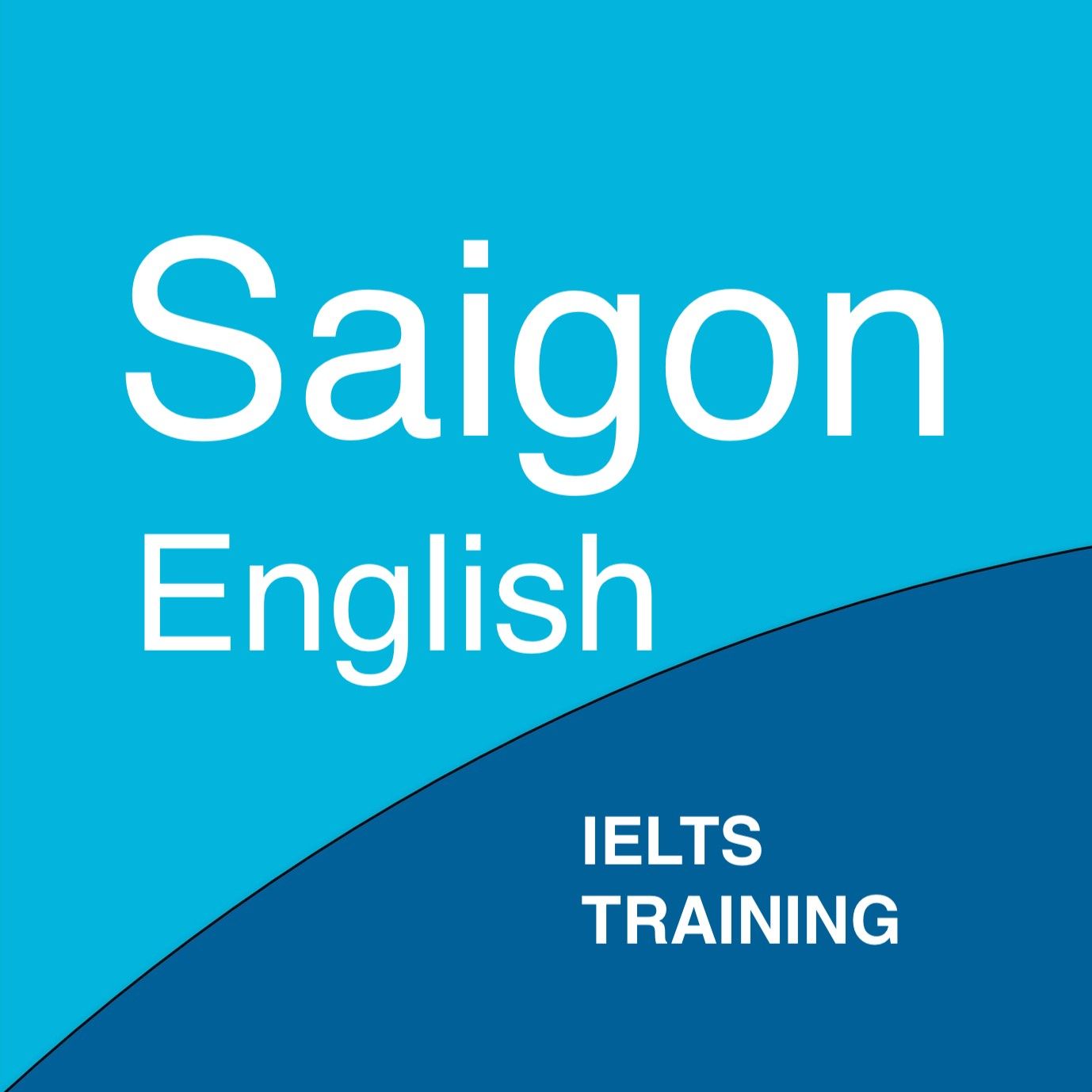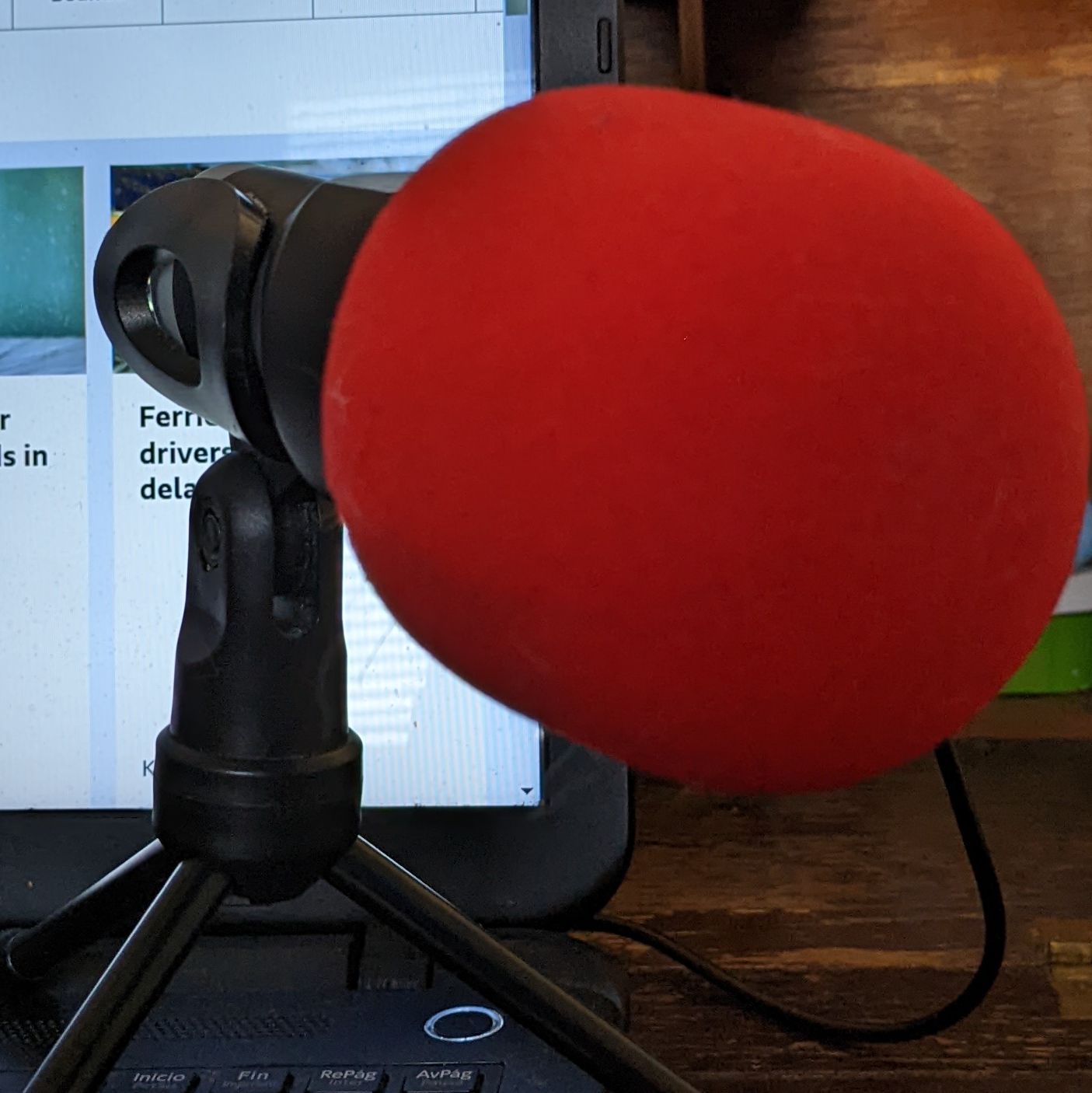
Does 'Training to Failure' Improve Strength, Fitness?
Descrição
One of the questions that many of us have about exercise is "should it hurt?"
Some people agree with the old saying: "No pain, no gain," which means if it's not hurting, you're not improving.
But is that really true?
When it comes to weight training, some experts tell people that they should train "until failure" for best results.
This means they keep lifting or training until their body cannot physically do any more.
However, others say that this approach is not suitable for everyone.
"If somebody wants to increase muscle mass as much as they possibly can, then training to failure is something to consider," said Michael Zourdos, from Florida Atlantic University, who has done research into this subject.
He and his colleagues found that lifting weights "until failure" may build bigger muscles, but isn't needed to increase strength.
He said people who work out hard, but don't push themselves to exhaustion, will still likely improve their fitness.
For the average person just looking to increase their fitness levels, Zourdos said it's easier to get results.
He said that these people would benefit from a hard session that comes within five to 10 repetitions of failure, rather than training to complete exhaustion.
He also said "failure training" often makes people so sore that they miss their next session.
Overdoing it can sometimes be harmful — and people who are planning on doing strenuous exercise should see a doctor first.
James Fisher, a sport science expert in the UK, says that resting muscle groups is an important part of training.
But he agrees that if people want to build muscle, they need to push themselves.
"If you lift a weight you can easily lift 10 times or more, you never really work hard enough," he said.
Still, Fisher said that the best workout is "one that people will actually do," regardless of how hard they push themselves.
Canal de Podcast
Practice Listening, Reading & Comprehension
Autor
Todos os episódios

How to Study IELTS

Days of the week in Saudi Arabic

At a Supermarket

First Impressions

C (48) Verbs Set : Laugh Lead Learn Lend Lick

Weddings in Latin America

〈#76〉6月9日木曜日 アメリカの大学教員が高校訪問

Standing in the High Street
Episódios populares

Saigon English
How to Study IELTS

Aprende árabe con Radia
Days of the week in Saudi Arabic

English Conversation/Dialogue
At a Supermarket

Matcha & Meditation
First Impressions

5 Verbs a Day. 每天学习五个动词。
C (48) Verbs Set : Laugh Lead Learn Lend Lick

No Manches Que Bacano
Weddings in Latin America

北海道Hokkaido生活 for Japanese learners
〈#76〉6月9日木曜日 アメリカの大学教員が高校訪問

Teacher Joseph's Podcast
Standing in the High Street